Miss Universe Malaysia 2015 is not just about being beautiful and posing in front of the camera. While the girls do have catwalk lessons and makeup tutorials by professionals, it was a different ball game altogether when the top 17 finalists were introduced to etiquette training during the final week of the pageant.
The girls are in the midst of a four-week training programme before the finals of Miss Universe Malaysia, on April 17 at the Shangri-La Kuala Lumpur.
The top 17 contestants are Amanda Khong, April Tang, Ashley Ahn, Gloria Tneh, Jasveer Sandhu, Jenny Wong, Kelly Jagan, Kohinoor Kaittiani, Meera Maniar, Nisha Kumar, Pauline Tan, Pauline Thong, Shaelina Martin, Shalini Mathialagan, Sugeeta Chandran, Vaishnevi Thanaseharan and Vanessa Tevi Kumares.
This is the first time etiquette training is being included in the Miss Universe Malaysia programme. Former Miss Universe Malaysia, Carey Ng, said it is an important component of the programme because contestants gain knowledge on etiquette and learn how to handle themselves.
“Etiquette is really important, especially if you’re in an industry where you’re dealing with people. Being a beauty queen means you’re a true beauty and a representative of the people. And being beautiful also means knowing how you carry yourself,” said Ng, who was crowned Miss Universe Malaysia in 2013 and is currently the national director of Miss Universe Malaysia Organization (MUMO).
“You’d expect people to behave a certain way in a social environment but not everyone understands or knows what to do. And because they meet people every day and they’re exposed to so many events, I think it’s very important for the girls to understand that before they take over the crown and become a true brand ambassador for Miss Universe Malaysia.”
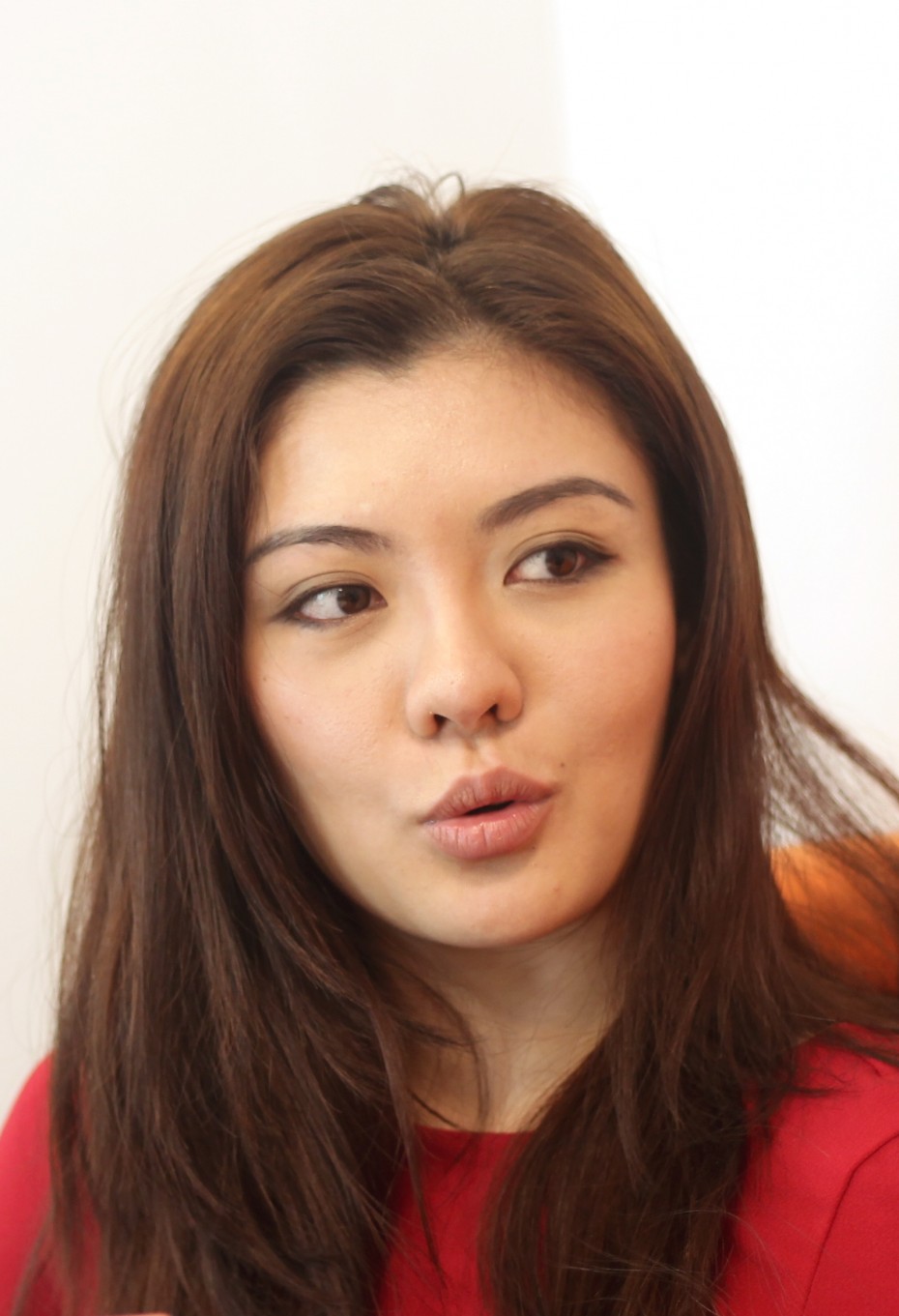
Manners matters: MUMO’s national director Carey Ng said that the organisation is introducing etiquette training for the first time because it is important for people to know how to handle themselves.
While the contestants are generally well-groomed, she believes this training would be helpful for them because before this, the girls have always been expected to know what to do or learn on-the-go. So, this is to create awareness and to know that there are a lot of things to think about when they are representing themselves and a brand.
But etiquette is not only limited to knowing how to walk and eat, it’s also about responding to phone calls, writing emails and dressing appropriately.
Ng said: “There are girls who don’t understand visible panty lines or clothes that are too tight. This is part of etiquette as well because it shows respect for yourself and the people around you. The girls may not be aware of these little things until they get out there.”
As the head judge for The Next Miss Universe Malaysia 2015, Ng said they’re looking for someone who speaks well, has respect for people, is pro-active and has a winning spirit.
“We’re not just looking for a beauty; we’re looking for a beauty queen. A girl can be more physically beautiful than others, but she may have less of a presence. And I think presence is really important,” she said.
“That’s because when she walks into a room, she commands presence and attention. And that’s what you want in a beauty queen. When she does that, she has the potential to be a role model and make an impact. We want someone like that, where when she speaks, people listen.”
Some of the Miss Universe Malaysia 2015 finalists offered their thoughts on dining etiquette and bad manners that tick them off.
Growing up in KL has exposed 22-year-old Jenny Wong to people from all walks of life. So what does the Mandarin tutor hate seeing at dinner? “Elbows on the table!” she says in mock horror. “They’re awful!”
Nisha Kumar has had her fair share of interesting dining experiences as an accounts executive. “It’s really important to know how to mingle in the crowd.” A firm believer in good table manners, the 25-year-old hates loud chewing.
Law grad turned event manager Kohinoor Kaur is no stranger to the intricacies of table etiquette. “Bread goes in the left hand, drinks in the right,” she says, demonstrating for effect. “I had no idea there were two eating styles, though.” The 22-year-old Sabahan cheekily admits that her tendency to leave utensils on the plate in the American manner could’ve been due to countless hours spent watching US TV programmes.
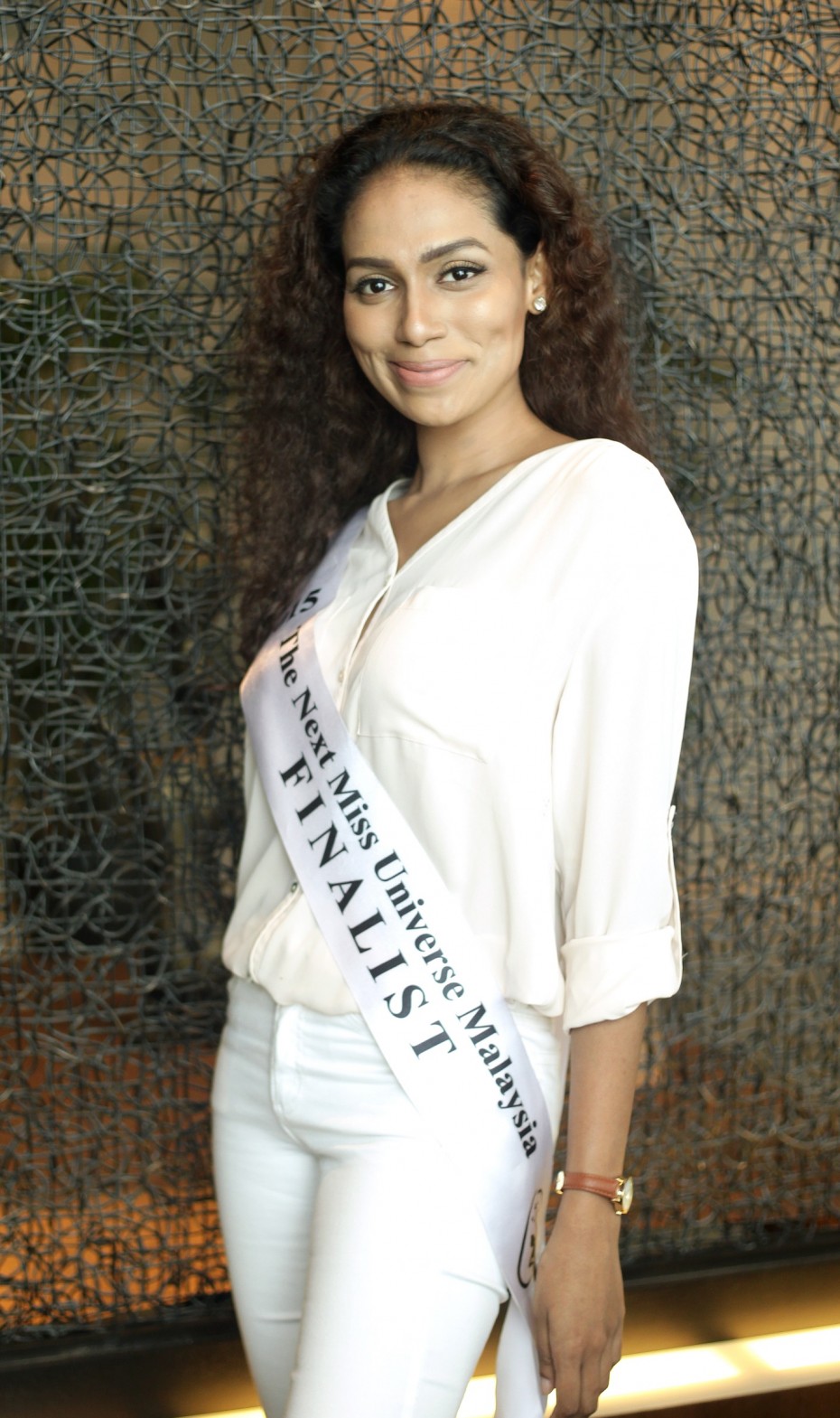 Vaishnevi Thanaseharan, 24, KL
Vaishnevi Thanaseharan, 24, KL
Born and bred KL-ian Vaishnevi Thanaseharan still finds it a little strange asking a waiter to pick up a dropped napkin, proper as it may be. A med student (she’s graduating in two months), Vaishnevi agrees that Malaysians don’t always realise they’re being rude, adding that they’re used to livelier meals. “At the end of the day, these are all just guidelines. It’s really about being comfortable with yourself.”
The founder of startup company GoGet.com, Meera Maniar says that the little things do matter. “How you carry yourself, even how you hold your fork and knife – they add up.” Any pet peeves? She’s not a fan of double dipping.
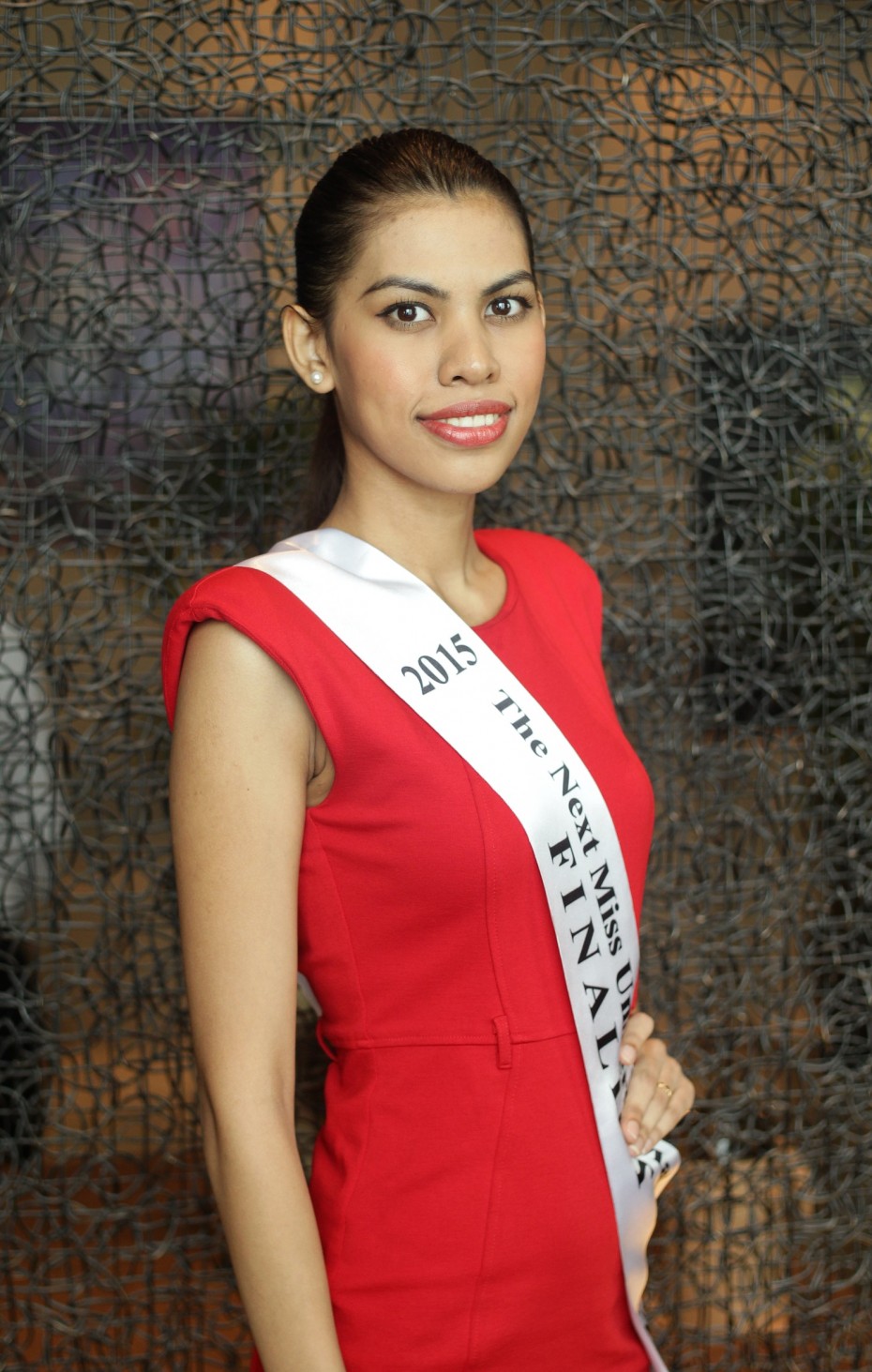 Shalini Mathialagan, 21, Perak
Shalini Mathialagan, 21, Perak
At 21, she’s the baby of the bunch. But chartered airline stewardess Shalini Mathialagan has an understanding of etiquette that belies her young age. The frequent flier from Perak is also studying early childhood education online and says that the loud clinking of glasses and other cutlery is definitely a no-no for her!
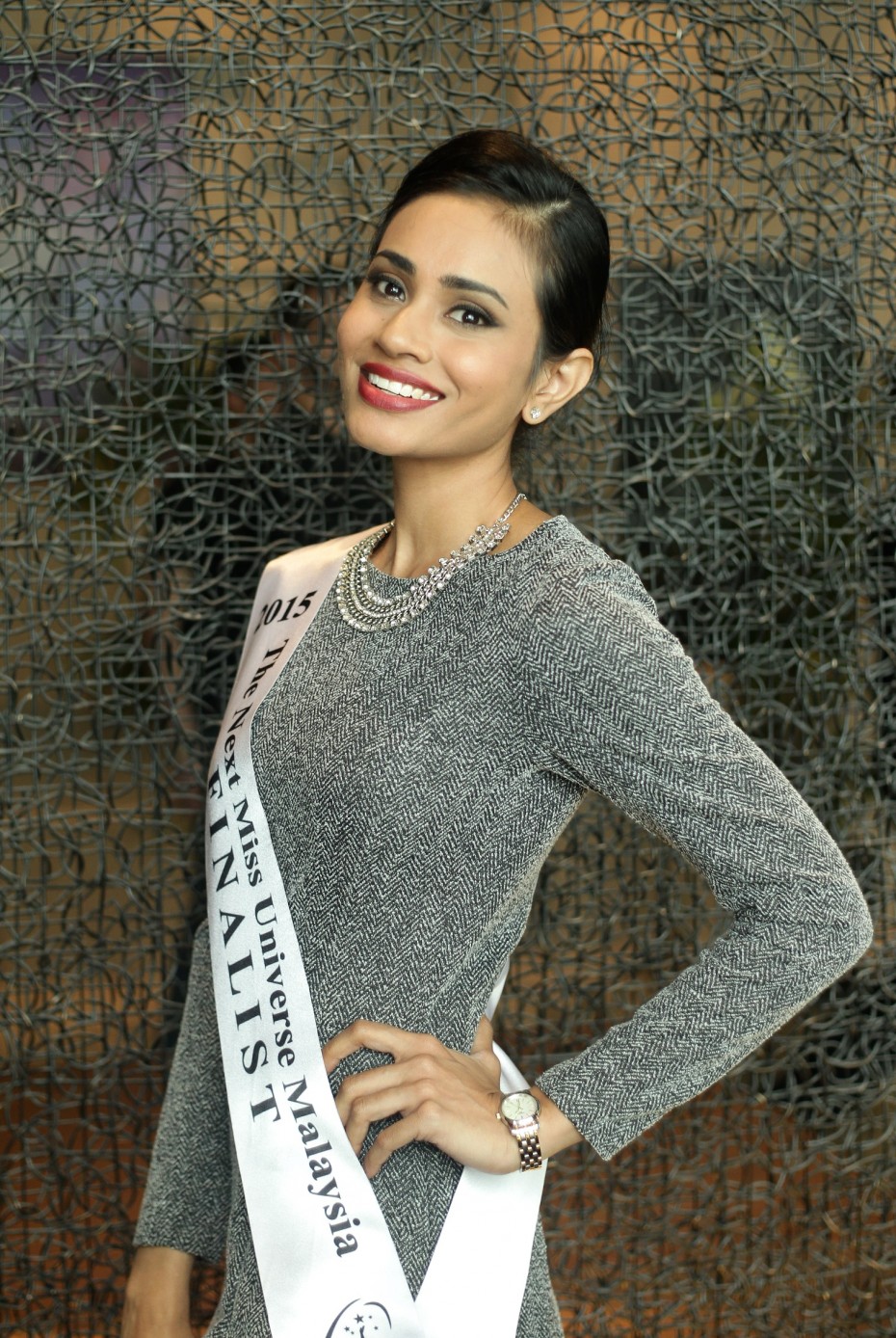 Sugeeta Chandran, 26, Selangor
Sugeeta Chandran, 26, Selangor
Used to analysing behaviour, Psychology and HR major Sugeeta Chandran admits there are some eating habits that drive her crazy. “It’s the loud chewing that really gets me.” But what will she be taking away from this session? “You’re actually supposed to hold your glass in your left hand,” she laughs. “It’s so your right will be free to shake hands. Did you know that?”
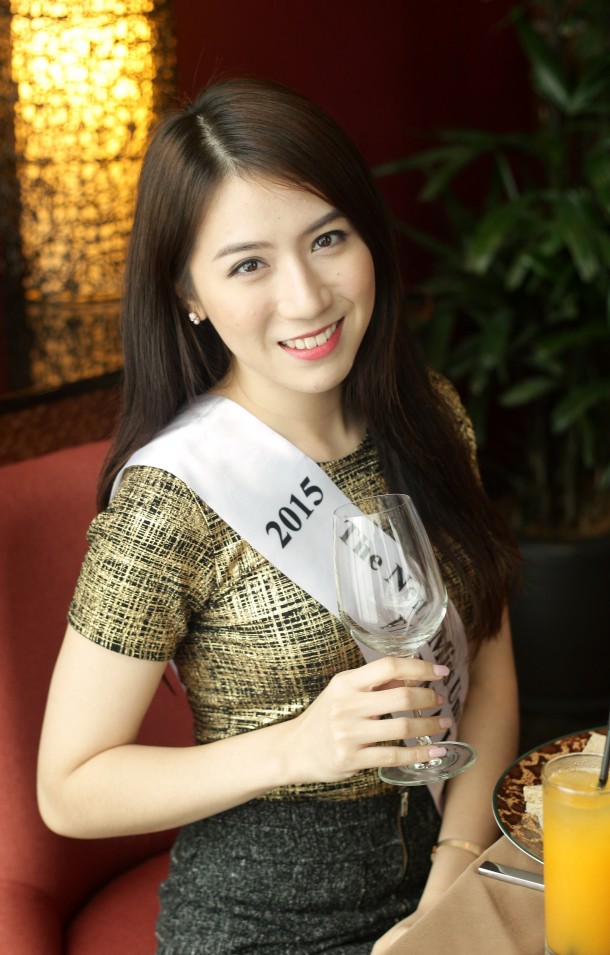 Pauline Tan Li Shin, 24, Klang
Pauline Tan Li Shin, 24, Klang
The lovable Pauline Tan says that her most valuable takeaway from fine dining etiquette training is being taught the different ways of holding red wine and white wine. When you’re having white wine, use the ‘hold by the stem’ method. This is because holding the glass with your palms will affect the quality of the drink. You wouldn’t want to ruin your drink now, would you? Pauline, who is an actress, says that in pageantry, it’s important to know how to behave to portray a good image of oneself.
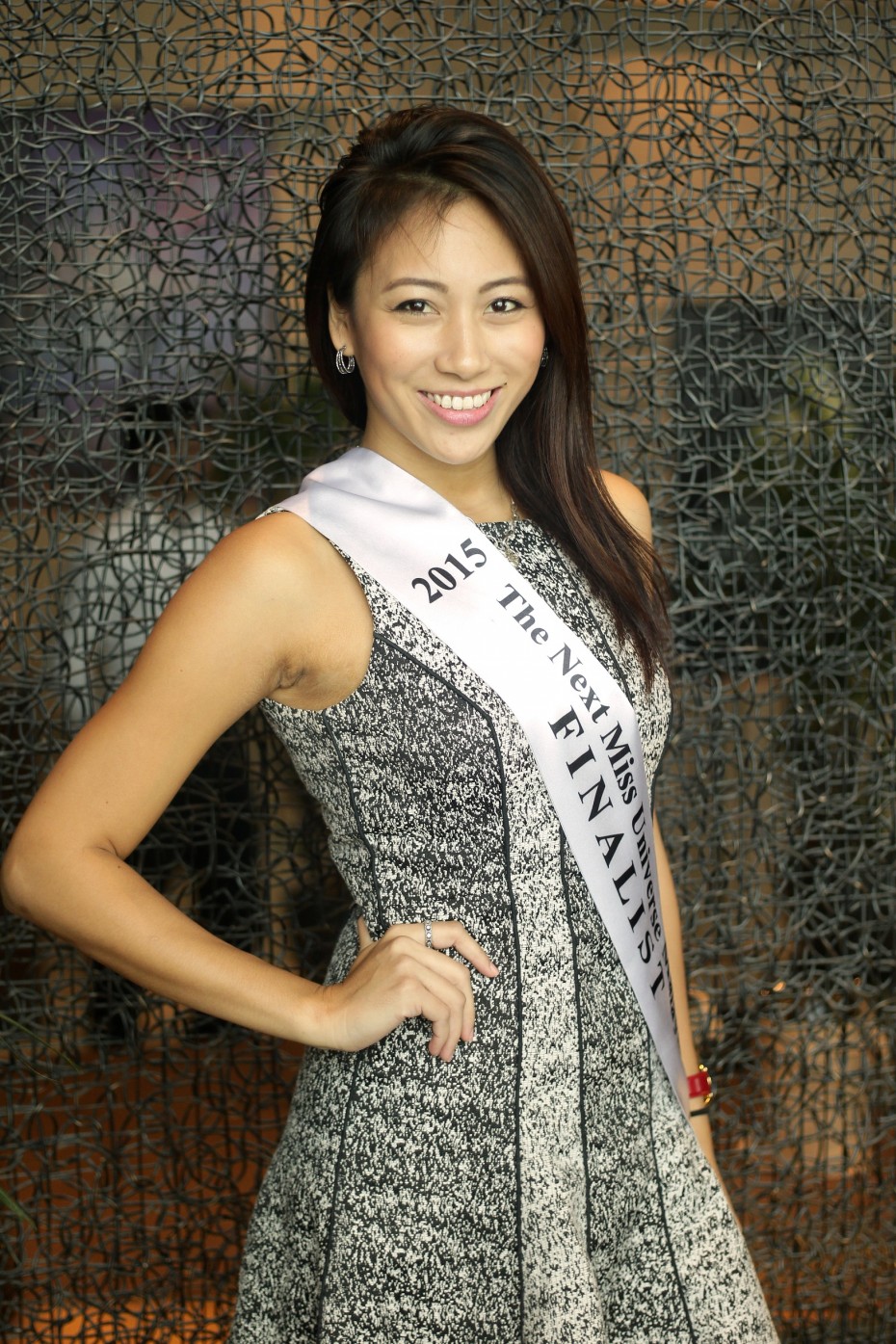 Vanessa Tevi Kumares, 24, Seremban
Vanessa Tevi Kumares, 24, Seremban
‘’It was an enlightening experience”, says 24-year-old Vanessa when asked about her experience. One new thing she learnt today was the proper way to use napkins. When wiping one’s mouth after eating, it is best to unfold your napkin (which should already be folded in a rectangle), wipe, and then re-fold to hide the stains.
If these pearls of wisdom from Malaysia’s beauty queens aren’t enough, here are some dining and business tips from Hor Phooi Sin of Etiquette Academy Asia, Miss Universe Malaysia 2015’s etiquette coach.
Dining tips
1. There are two ways of placing your cutlery after you’ve finished your meal – American style and continental style. Generally, Malaysians use the continental style, which is to place your fork and knife on your plate at a 10.20 direction after you’ve finished your meal.
2. Always pass both pepper and salt, even though someone asks for only one of these.
3. Stir your tea by going front and back, not in a circular motion.
4. Tear bread into small pieces before spreading butter on it, and eat it one piece at a time.
5. If you’re wearing lipstick, drink from the same spot on your glass every time. You wouldn’t want red stains all around the edge of your glass. #embarrassingmuch
Business tips
1. Always remember that you attend an event for networking and to meet people, not for the food. Don’t just lurk around the food station!
2. Don’t wear red to a job interview as it can seem overpowering to the interviewer.
3. Receive name cards with both your hands. It conveys respect.
4. Never write a person’s details on a name card they’ve just given to you, right in front of them.
5. When introducing someone to your friend/colleague/client/boss, always introduce the most important person to the least important person. For example, “Mr Important, I would like you to meet Mr Less Important.”

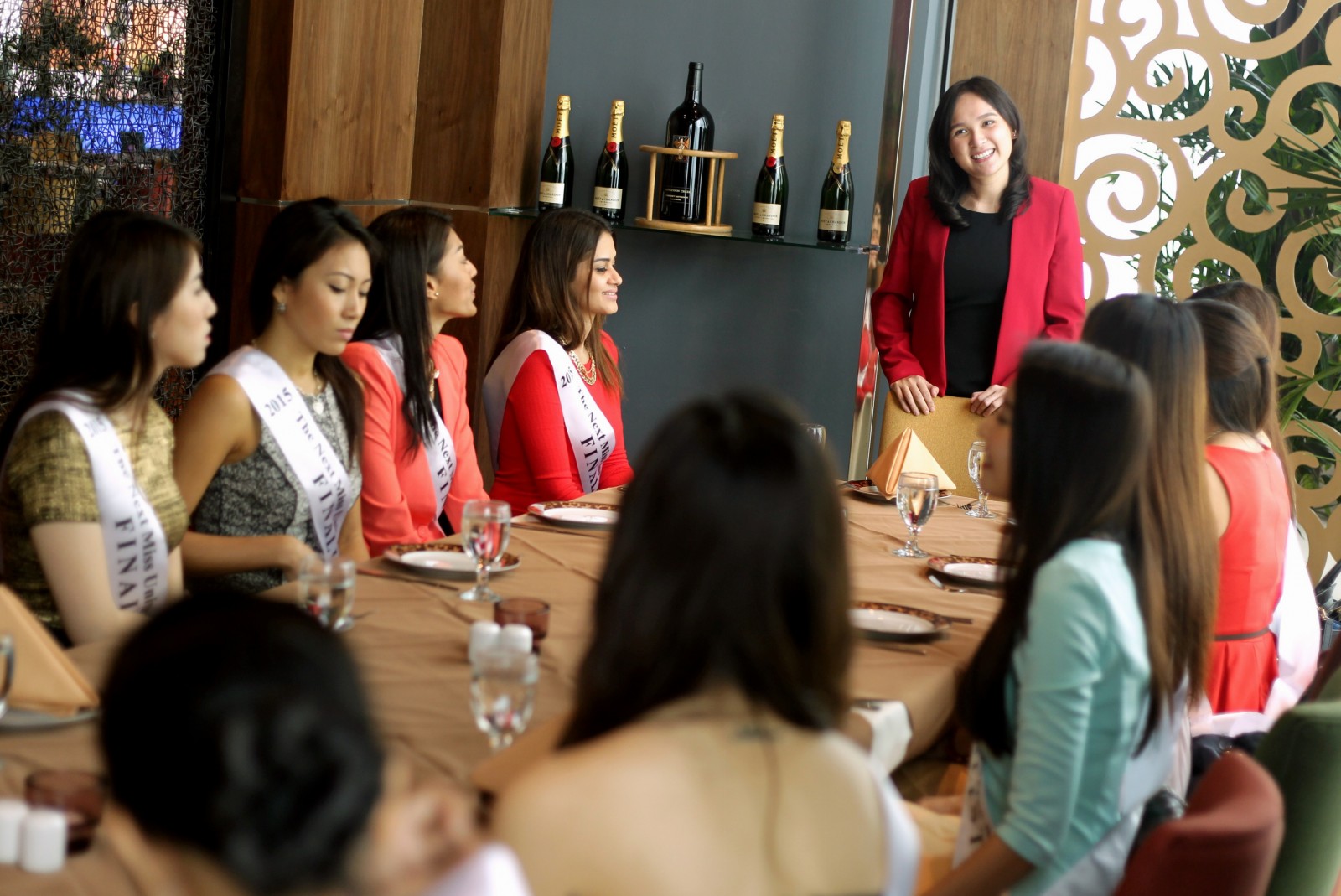
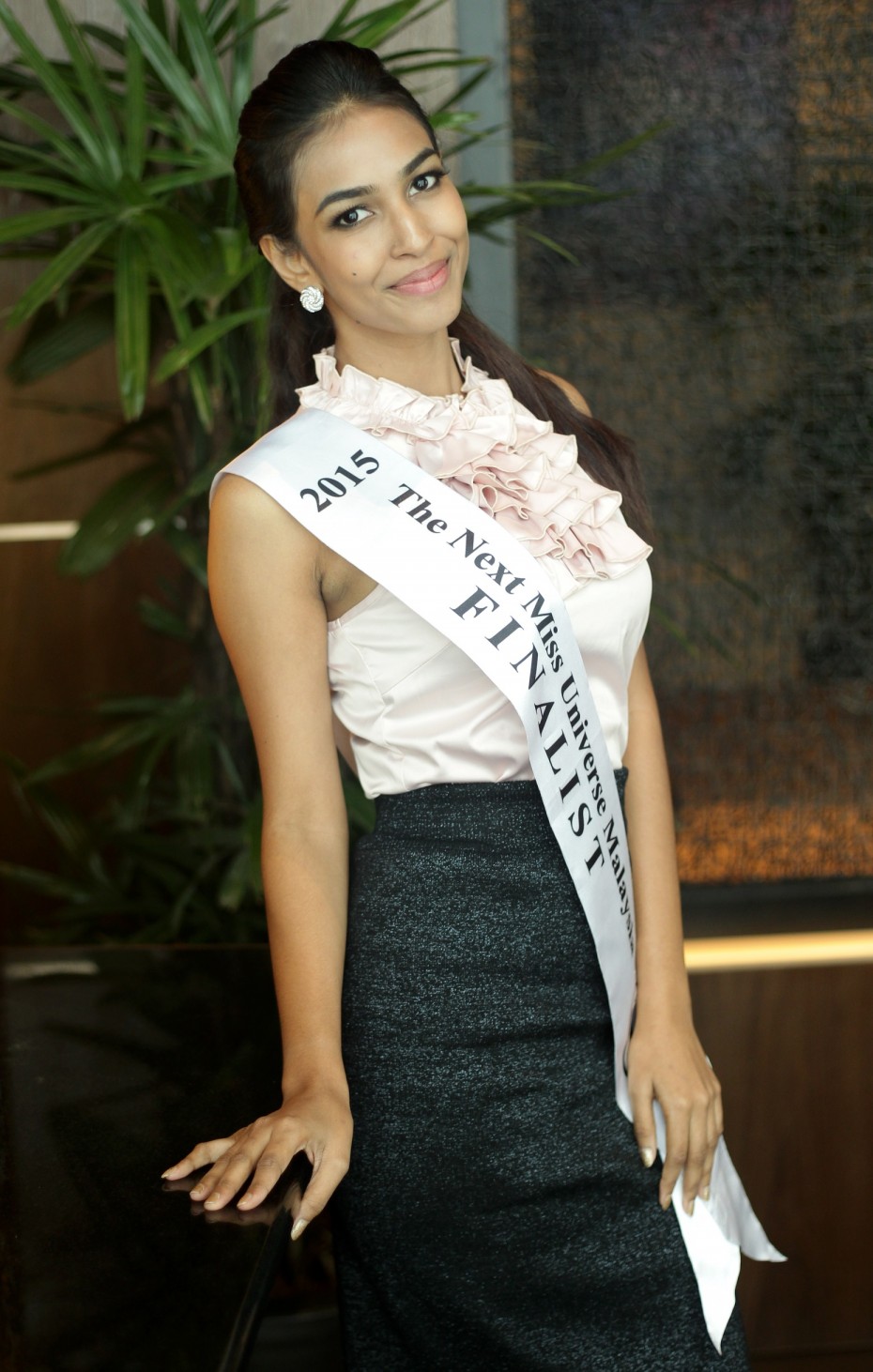
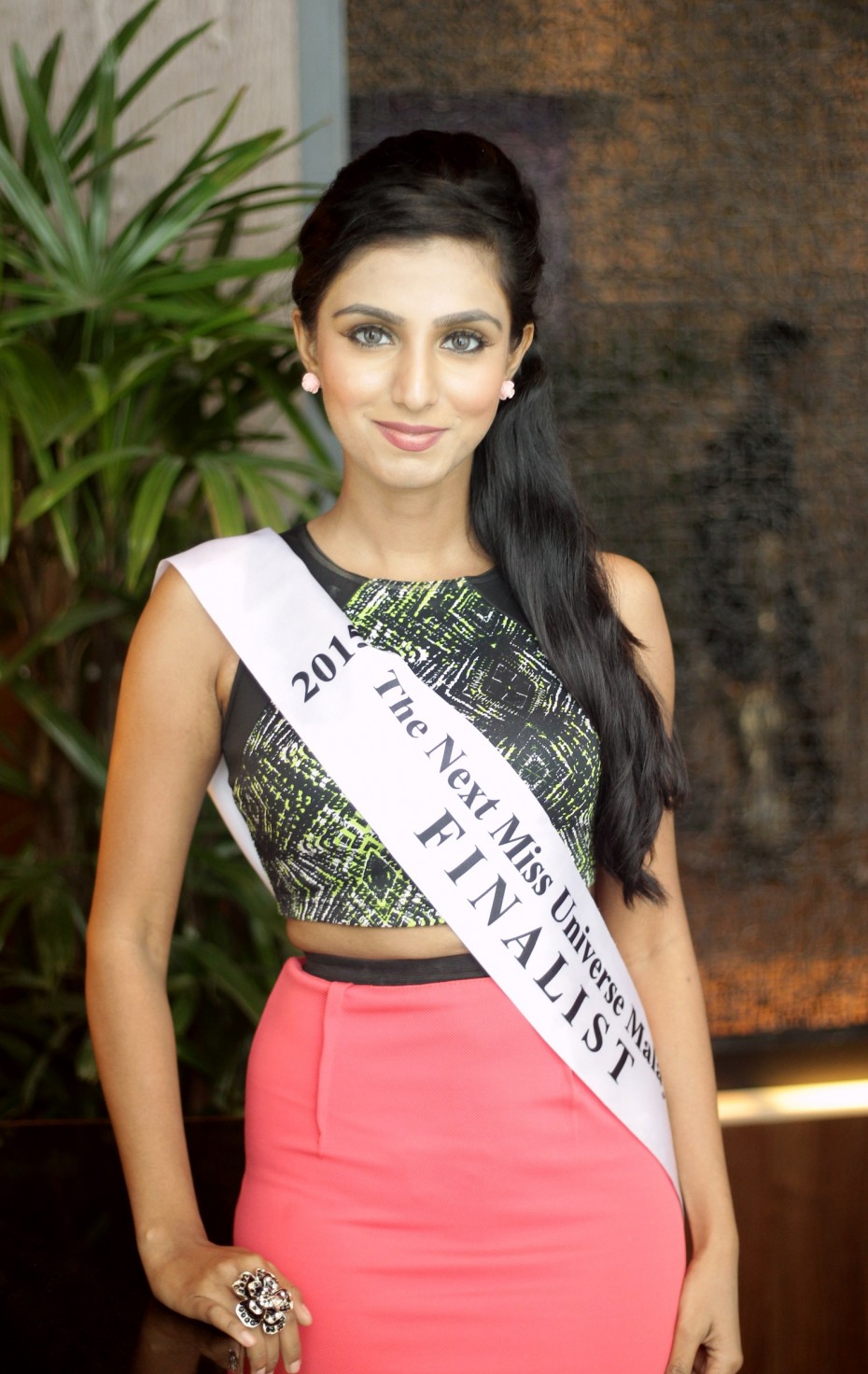
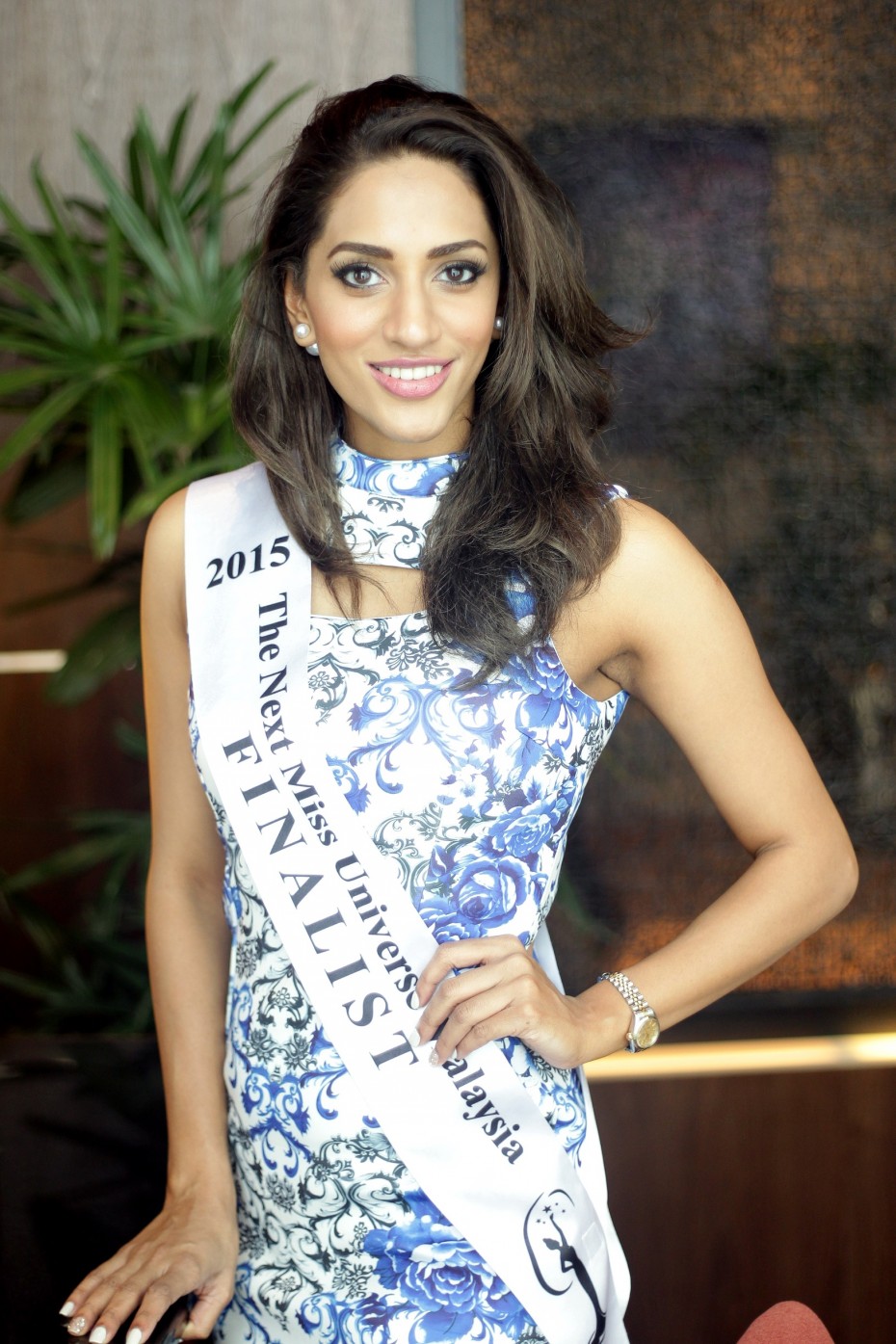
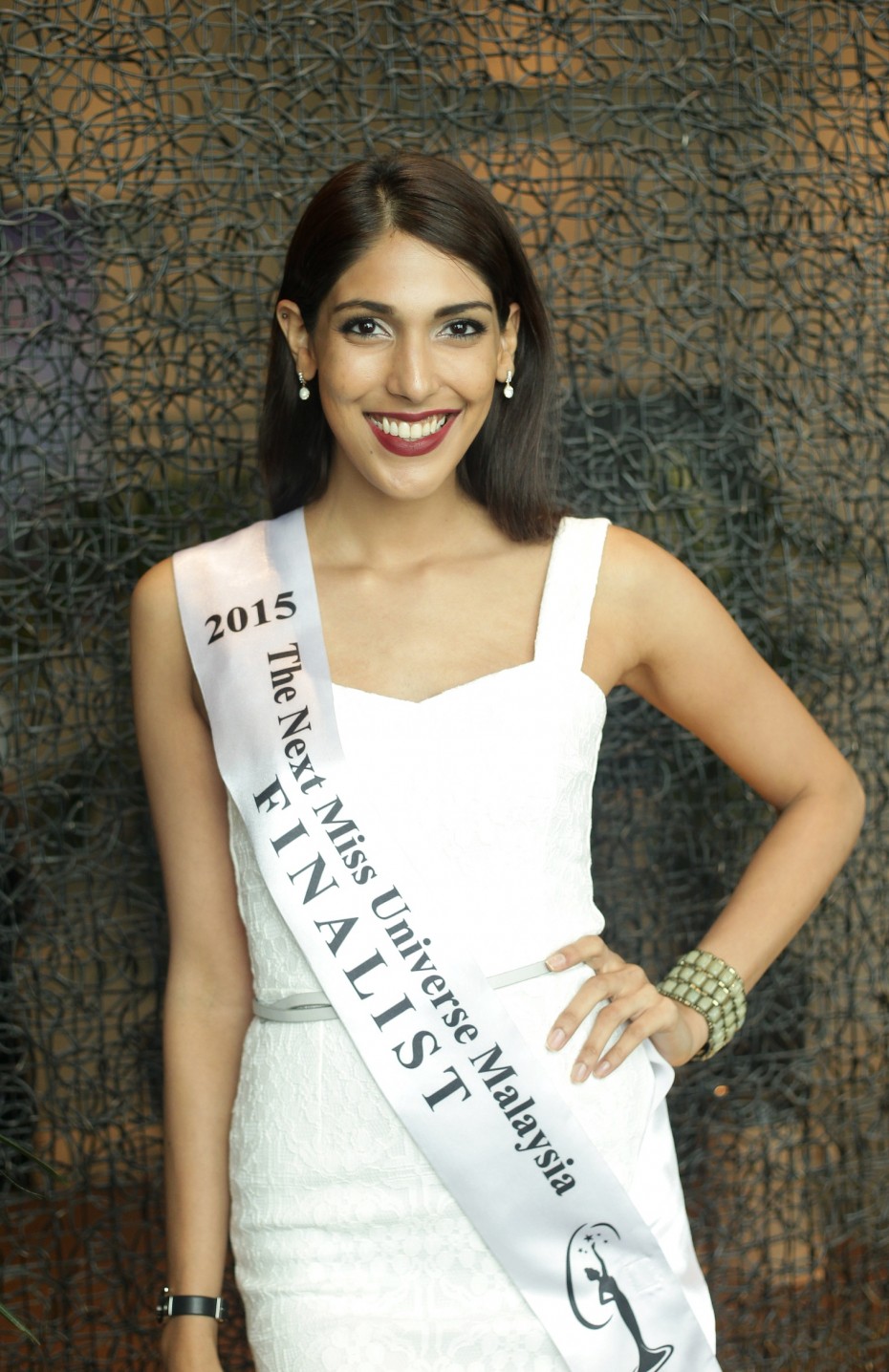
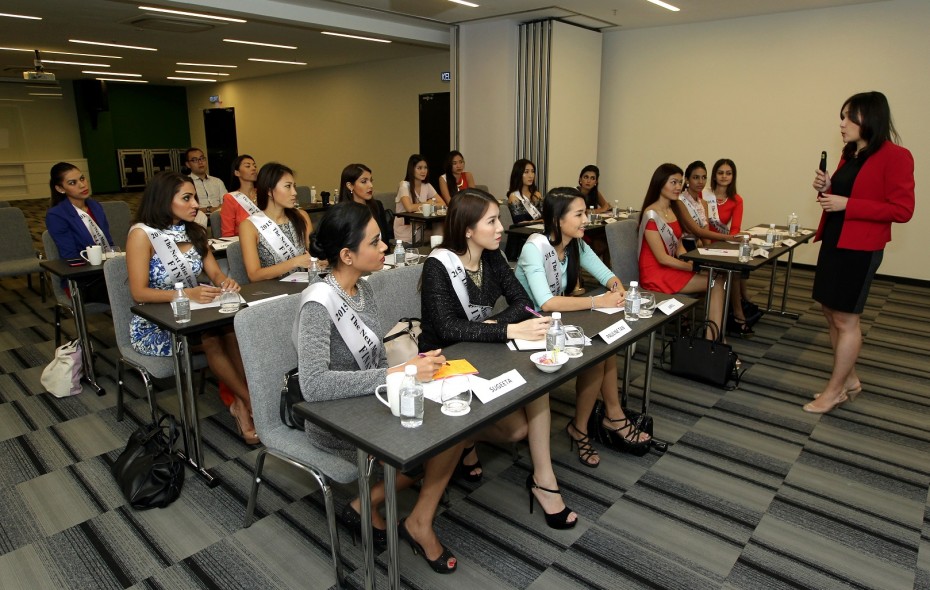





Tell us what you think!